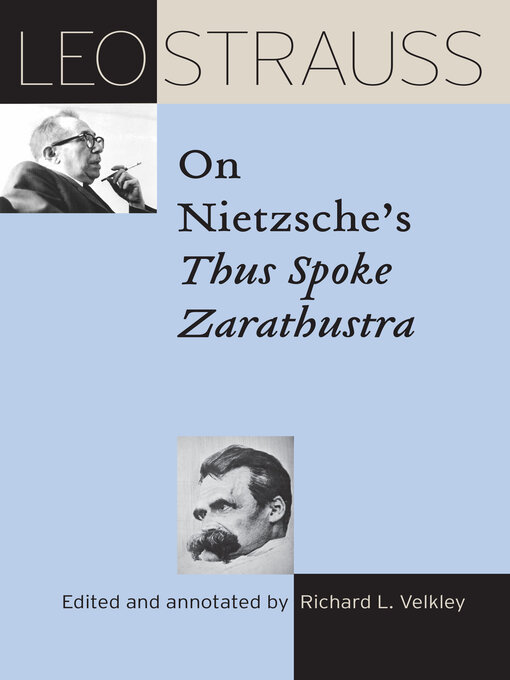- New eBook additions
- All Fiction eBooks
- All Nonfiction eBooks
- Biography & Autobiography
- Business
- Careers
- Foreign Language Study
- History
- Literature
- Self-Improvement
- Study Aids & Workbooks
- Travel
- Most popular
- See all
- All Fiction Audiobooks
- All Nonfiction Audiobooks
- Biography & Autobiography
- Business
- Careers
- Foreign Language Study
- History
- Literature
- See all

